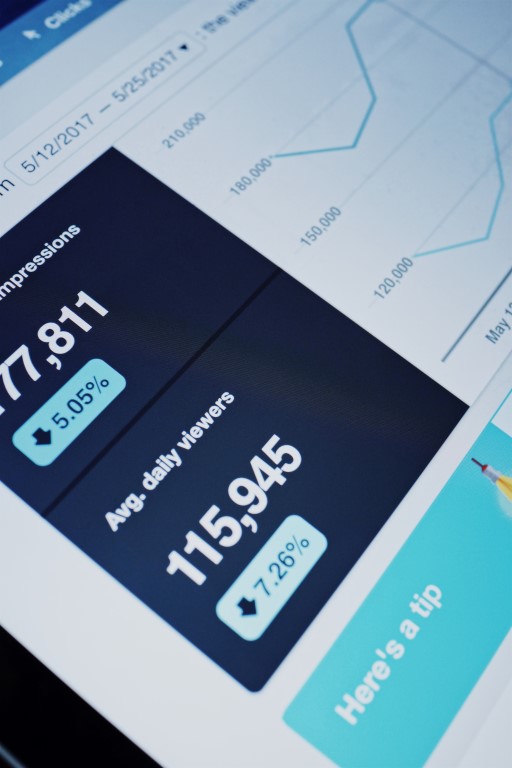It’s easy to fall into the trap of designing a website purely for search engines. We know or can guess the many ranking factors and there’s often no major conflict between these and what users like. However that isn’t the most efficient way of boosting rankings.
Search engines are always trying to figure out what a website is about and who should visit based on their search queries and websites they frequent. While it’s important for your website to have the correct range of words of phrases that match a user’s search intent, this alone won’t guarantee high rankings.
The website content must be sufficiently appealing and useful so it makes an impact with real people. If it does then the following happens:
- Average users spend a long time on the page and other pages on your website improving your bounce rate, pages per session and other important KPIs
- The content gets shared on social media with likes, follows and other good social signals.
- Certain influential people add links to your content on their web pages.

- Your website is listed as a useful reference on discussion forums, comments pages etc.
People impact ranking factors
These are factors that are measured and recorded by Google and Bing and influence ranking. If you get good engagement indicators such as the following:
- Low bounce rate
- High pages per session
- High pages per user
This indicates that the user is getting what they want from your website and this will be interpreted by search engines as a sign of good quality content.
If your website is getting shared social media, linked to or discussed in forums then this will also be interpreted as a sign of quality content and boosted in search engine results.
There is a caveat regarding social signals. Google will not automatically index every single tweet, unless of course it has lots of retweets and likes. So use social media to drive good quality traffic which will hopefully get good engagement data. However there is little or correlation between high rankings and frequency of tweeting or updates.
There are many more technical ranking factors such as website speed, broken links, content quality (good grammar and spelling), page structure and keyword density that might not have such an immediate impact on users but are measured and used to evaluate ranking.
Put your website users first
While you need to be aware of the main ranking factors, don’t get bogged down. Get the right people involved to handle the technical ranking factors.
You need to concentrate on your website users and what they need first. If your content is well researched, high quality, useful and / or entertaining, then the people impact ranking factors will happen naturally and you will rank higher in search engine results.
See our pages on web design and our web design portfolio.





